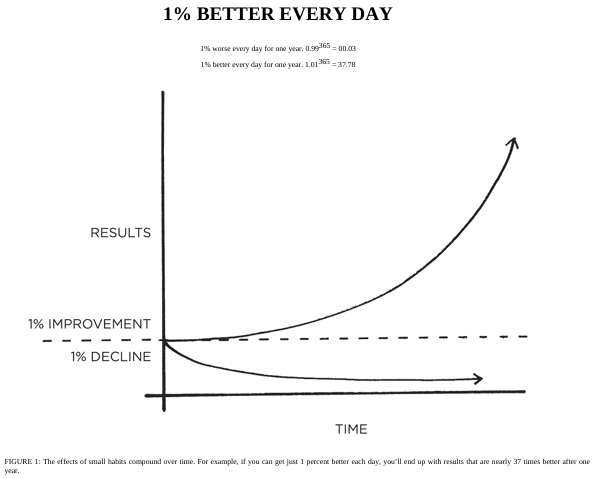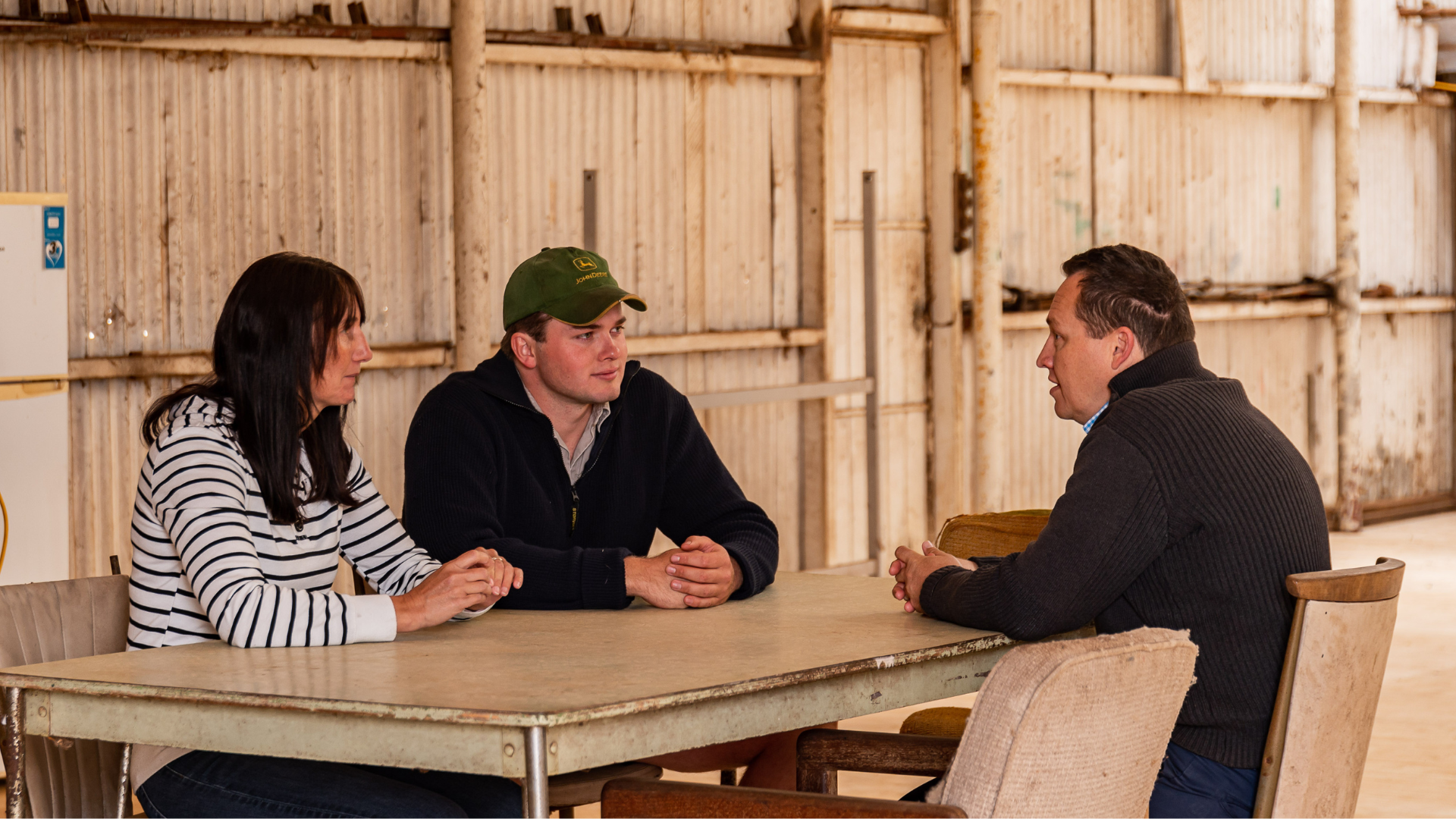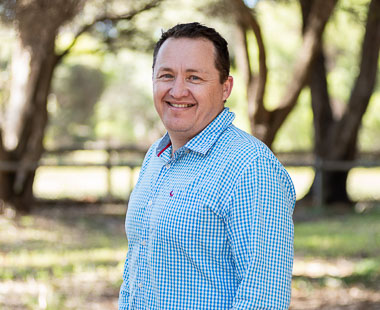The best part of my job as a Planfarm farm management consultant is the fact that our clients trust us to provide an honest business review of their business and provide business insights. We are also fortunate to share the financial highlights and lowlights of highly variable seasons, but also sometimes lots of laughter and a few tears.
Modern farming in Australia is no longer simple. Farms are large, multi-enterprise businesses underpinned by expensive capital investments, changing production technologies, volatile markets and social changes.
The only constant in farming is change, and a bit of that change is dealing with people. An article by a colleague, Mike Cameron, in the September 2024 Landline covered the importance of emotional intelligence (EQ). Especially the fact that we are dealing with more people, and dealing with people has now become core to successful operations. Mastering these five areas can significantly improve your business; they include the following Self-Awareness, Self-Regulation, Motivation, Empathy and Social Skills.
The question sometimes is How do I change, and the answer lies in understanding and then changing your habits.
You have all heard the saying, “We are creatures of habit”
Every New Year, millions of people make promises to themselves that they will form new habits or break bad habits. Why is it so hard to form new habits and break bad ones?
The book by James Clear, “Atomic Habits” explores the psychology behind habit formation and the mechanisms that create habits.
I would like to share two core learnings from the book, which can assist you personally and in your business.
WHY SMALL CHANGES CAN MAKE A BIG DIFFERENCE:
I am sure I am not the only one who has tried to drink more water, eat healthier and exercise more on 2 January. It normally works for a few days, and then I am back to my old habits.
It is easy to overestimate the importance of defining moments and underestimate the importance of making small improvements daily. Improving by 1% isn’t even noticeable in the short term can be more meaningful in the long run. Whether it is losing weight, improving your business, winning a sports grand final or achieving any other goal.
You all know the eighth wonder of the world is compounding interest. Our daily habits are the compound interest of self and business improvement. The same way that money compounds our habits can compound positively or negatively. Habits are a double-edged sword. Bad habits can cut you down just as easily as good habits can build you up.
Examples of positive compounding include productivity, performing that extra small task per day or knowledge, putting in the effort to talk to a neighbour who is doing something very well and relationships, trying to improve communication with your family or worker.
Negative compounding includes stress, negative thoughts and anger.
We are all in different phases of life concerning business experience. Some of you have younger children, some have children at boarding, some have made succession progress, some of you are close to retirement. It is important to always self-assess, and it does not matter if you are successful or not right now.
What matters more is whether your habits are putting you on the right path. Sometimes our habits seem to make little difference on any given day, yet the outcome over time can be enormous.
Where we are today in terms of our personal or business life is a product of our daily habits. We should reflect regularly on the status of our health of business performance. You should be more concerned about your current trajectory than our current results. If you are in a good financial position, but,your crop is going in too late, then you are on a bad trajectory or from a personal perspective, your cholesterol is going up, and you know it’s because of your eating habits, then you are on a bad trajectory.
What is the current trajectory of your personal and business health?

FORGET ABOUT GOALS, FOCUS ON SYSTEMS INSTEAD:
What do I mean by this? Of course, setting goals is good for establishing direction, but implementing systems is the best for achieving progress. We sometimes encounter problems when you spend too much time thinking about your goals and not enough time designing your systems.
Achieving a goal only changes your life for the moment. An example of this might be deciding on a nice day to clean down your header or seeding gear, as opposed to a system where this happens every year at a specific time. On a lighter note, this applies to those with teenagers with a messy room. When they have enough energy or no clean clothing, they will summon the energy to tidy up and have a temporary clean room. But, if they maintain the same habits, it won’t be long before the room is back messy again. You are left chasing the same outcome because you never changed the system behind it.
We live in a world now where once I reach my goal or goals, I will be happy. The challenge with this mindset is that we are putting happiness off until we complete the next project or achieve the goal. In the process of reaching the goal, we are sometimes not successful and then give up.
A few years ago, I was assisting with junior hockey coaching, and the kids were told not to focus on the match result, but rather on attending practice, doing their best, playing fair and sharing the ball. It was very hard for some of the children not to focus and match results, but the lesson that we can take from this in farming is to focus on what you can control, such as your farming system.
This includes having machinery ready for seeding and harvest, being timely with all operations, having a good understanding of your numbers and effective communication. This might be the outcome, and many of us are not there yet. Your focus should be on ongoing improvement to improve your system, and this is where the small improvements come into play. Examples of improvements might include improved communication, gaining a better understanding of your numbers, eating healthier and getting more exercise. Self-reflection is important to understand your progress.
Some of these improvements might seem small and insignificant but practising regularly can lead to compound growth.


